How Testosterone Affects Fat Loss: Real Science of Low-T | Thomas DeLauer: I’m sick of the lack of legitimacy behind testosterone, so let’s clear some of this up. I work with a lot of men that are battling Low-T by helping them with their lifestyle at http://www.ThomasDeLauer.com As men age, their testosterone levels decline. This is exacerbated by an increase in SHBG (sex-hormone binding globulin), which binds to testosterone and thus reduces the amount of free testosterone in the body. Low testosterone levels have been linked to obesity and many other health problems, including fatigue, memory problems and reduced muscle and bone mass. So what is the impact of testosterone on body fat? Testosterone and energy – low levels of testosterone are linked with low energy levels. Regaining regular testosterone levels can increase energy and lead to weight loss. Studies have found that testosterone supplementation reduces total body fat percentages. Obesity is often correlated with low testosterone levels in men. Just as testosterone therapy is associated with decreased obesity, losing weight is associated with increased testosterone levels. An article published in 2014 in the journal of Current Opinion in Endocrinology, Diabetes and Obesity looked at the existing data regarding testosterone therapy in overweight and obese men with testosterone deficiency (hypogonadism). -Many weight loss supplements have dangerous side effects or are ineffective -Looked at weight loss, BMI, waist circumference and body composition -Evaluated long-term testosterone therapy -About 40% of obese nondiabetic men and 50% of obese diabetic men over 45 have low levels of free testosterone -Many studies have found that testosterone therapy in obese men is correlated with increased lean body mass, weight loss, decreased BMI and reduced waist circumference. -Weight loss is significant and sustained with long-term testosterone therapy Testosterone plays a part in protein, fat and carbohydrate metabolism. -Testosterone is involved with mitochondrial function and thus energy production and utilization -This interference with energy production is likely why those with low testosterone levels experience a lack of energy -Testosterone therapy has been found to increase lipid oxidation and normalize glucose use in the body. It was found to increase energy and motivation. Weight gain is associated with an 88% increase in body fat and a 12% increase in lean body mass (LBM) and weight loss with a 72% decrease in body fat and a 28% decrease in LBM. -With testosterone therapy LBM has been shown to increase. -Increased LBM means increased energy expenditure at rest -Testosterone therapy is also associated with improved cardiometabolic function Testosterone deficiency is linked with a decrease in energy metabolism from fat and an increase in energy metabolism from glucose. -Testosterone therapy has been shown to increase lipid metabolism Safety? Safety is the main concern with testosterone replacement therapy. Possible risks discussed in literature include: -Increased risk of prostate and breast cancer -Liver toxicity and tumors -Sleep apnea exacerbation -Testicular infertility and atrophy It is necessary to talk with your doctor before starting testosterone therapy. Summary: If you are a male struggling to lose weight, testosterone therapy is a promising treatment to help with not only weight loss but body composition, energy levels and overall health. References: 1. Dose-dependent effects of testosterone on regional adipose tissue distribution… http://press.endocrine.org/doi/10.1210/jc.2003-031492?url_ver=Z39.88-2003&rfr_id=ori:rid:crossref.org&rfr_dat=cr_pub%3dpubmed 2. Testosterone and weight loss: the evidence https://www.ncbi.nlm.nih.gov/pmc/articles/PMC4154787/ 3. Effects of testosterone treatment on body fat and lean mass in obese men on a hypocaloric diet… https://www.ncbi.nlm.nih.gov/pmc/articles/PMC5054608/ 4. The benefits and risks of testosterone replacement therapy: a review https://www.ncbi.nlm.nih.gov/pmc/articles/PMC2701485/

How Testosterone Affects Fat Loss: Real Science of Low-T | Thomas DeLauer
- Post author:
- Post published:June 1, 2021
- Post category:Uncategorized
- Post comments:0 Comments
You Might Also Like

Oreo Cookie People TVC – 6 Sec A Hindi With Subtitle
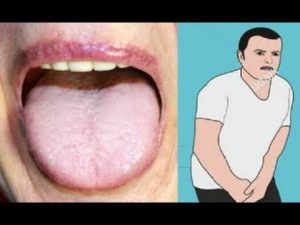
12 Hidden Symptoms That Indicate You Have High Sugar Levels In The Body

best food for jaundice

The Best Way to Lose 5 LBS of Body Fat (AND FASTEST!)
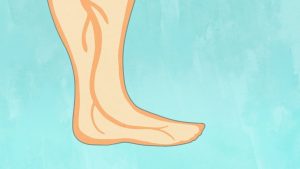
Pregnancy swelling (edema)
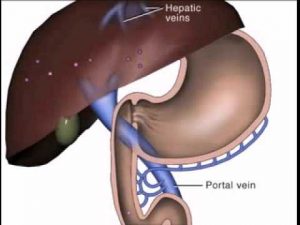
Oral drug absorption.flv

Badminton Video – 2
![Read more about the article Top 5 Vitamins to Build Muscle & Gain Weight [HD]](https://videos.drmaheshkumar.com/wp-content/uploads/2021/05/Top-5-Vitamins-to-Build-Muscle-Gain-Weight-HD-300x225.jpg)
Top 5 Vitamins to Build Muscle & Gain Weight [HD]

One Hand Triceps Extension-7
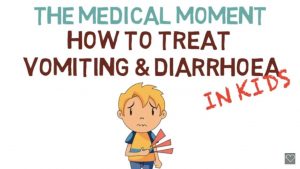
How to Treat Vomiting & Diarrhoea in Kids
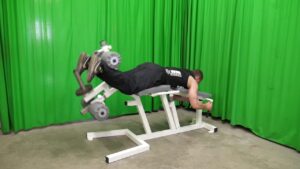
Leg Extension-6
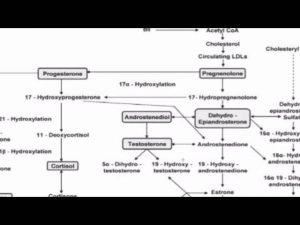
Male hormone imbalances … High estrogen/ low testosterone
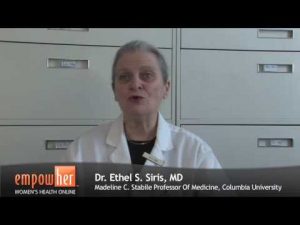
Bone Density Test And T-Score, What Are These?
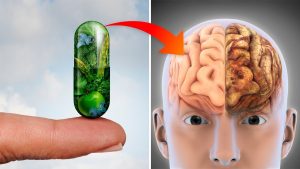
These 3 Vitamins May Stop Brain Loss And Prevent Alzheimer’s Disease

HOME WORKOUT TRAINING – Static & Strength Calisthenics

Asanas Meaning And More Asanas Video – 1
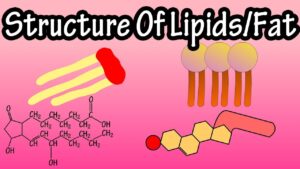
Lipids & Fats Video – 1
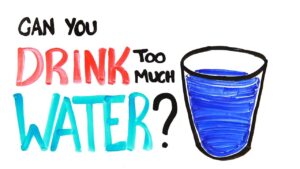
Can You Drink Too Much Water?

Bodybuilding Nutrition, Diet Recipes & Workout – 8

The BIG difference between T3 and T4
![Read more about the article Top 10 Foods High In Protein [HD]](https://videos.drmaheshkumar.com/wp-content/uploads/2021/05/Top-10-Foods-High-In-Protein-HD-4-300x169.jpg)
Top 10 Foods High In Protein [HD]
Hyper Extension With Machine

Brain Injury Medicine Video – 4
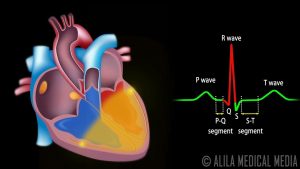
Cardiac Conduction System and Understanding ECG, Animation.
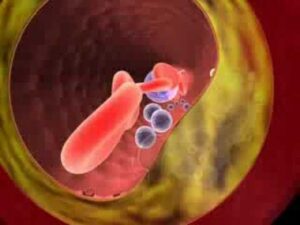
Hypertension
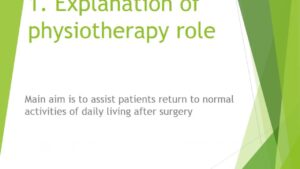
Cardio-Thoracic Physiotherapy Video – 6
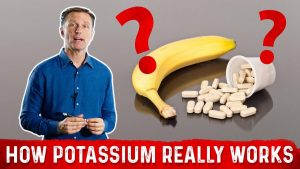
Potassium, Muscle Strength, and Exercise Endurance
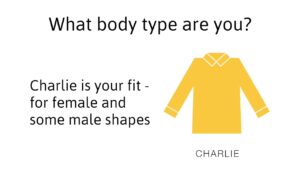
What Body Type Are You?

Triceps Dips-9

Vitamins – What are Vitamins – Types Of Vitamins – Fat Soluble Vitamins – Water Soluble Vitamins
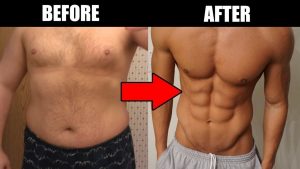
BEST Workout & Diet ADVICE for DATING | How to Build Muscle & Lose Fat FAST
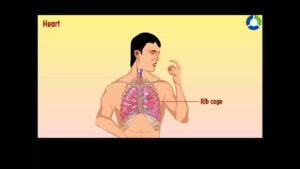
Internal Organs of Our Body – (CBSE Grade: 4 EVS)
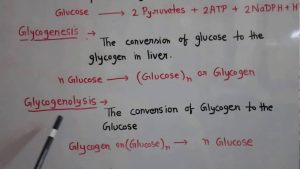
Metabolism of carbohydrate part 1

BCAA’s: Best Supplement for Weight Loss?

What Should You Eat Before A Workout | You Don’t Know Squat
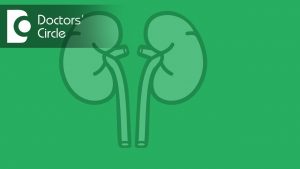
Are steroids indicated in Nephrotic Syndrome? – Dr. Vidyashankar Panchangam
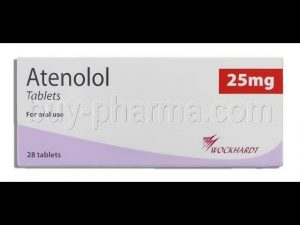
Atenolol (Ténormine)

Post Workout Whey Protein Shake – Whey Protein Isolate Drink – Oats Recipes For Weight Loss

Skeletal System Human Body Skeleton Science Video for Middle Elementary School Kids

Herbs Video – 4

Critical Care Medicine Video – 4

